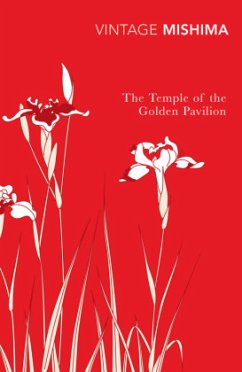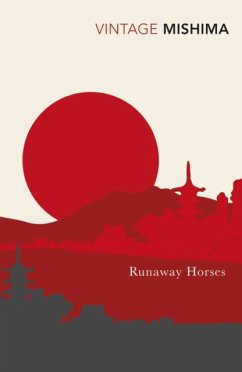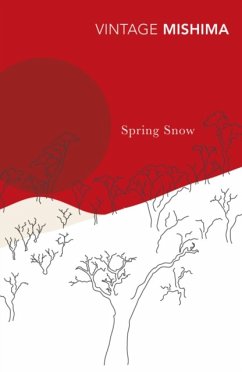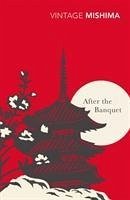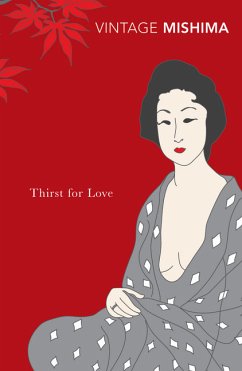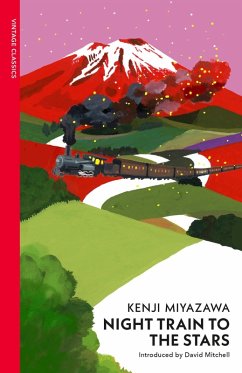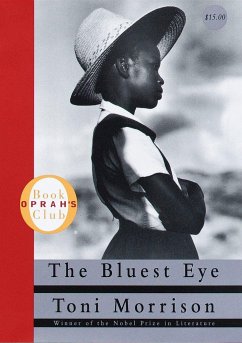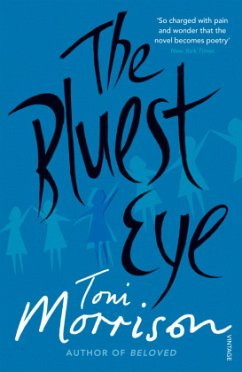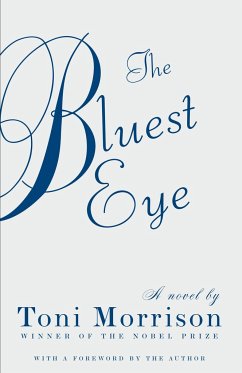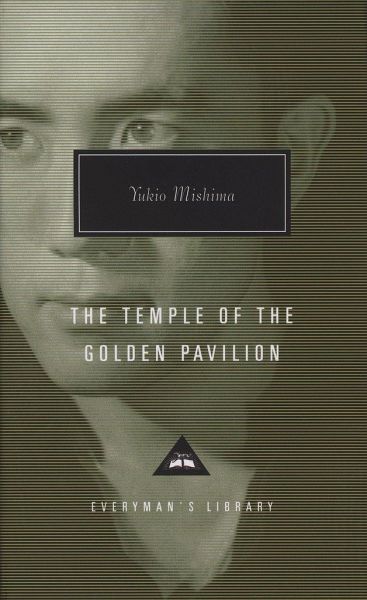
The Temple of the Golden Pavilion
Introduction by Donald Keene
Übersetzer: Estate of Ivan Morris
Versandkostenfrei!
Versandfertig in über 4 Wochen
21,99 €
inkl. MwSt.
Weitere Ausgaben:

PAYBACK Punkte
11 °P sammeln!
In The Temple of the Golden Pavilion, celebrated Japanese novelist Yukio Mishima creates a haunting portrait of a young man's obsession with idealized beauty and his destructive quest to possess it fully. Mizoguchi, an ostracized stutterer, develops a childhood fascination with Kyoto's famous Golden Temple. While an acolyte at the temple, he fixates on the structure's aesthetic perfection and it becomes his one and only object of desire. But as Mizoguchi begins to perceive flaws in the temple, he determines that the only true path to beauty lies in an act of horrific violence. Based on a real ...
In The Temple of the Golden Pavilion, celebrated Japanese novelist Yukio Mishima creates a haunting portrait of a young man's obsession with idealized beauty and his destructive quest to possess it fully. Mizoguchi, an ostracized stutterer, develops a childhood fascination with Kyoto's famous Golden Temple. While an acolyte at the temple, he fixates on the structure's aesthetic perfection and it becomes his one and only object of desire. But as Mizoguchi begins to perceive flaws in the temple, he determines that the only true path to beauty lies in an act of horrific violence. Based on a real incident that occurred in 1950, The Temple of the Golden Pavilion brilliantly portrays the passions and agonies of a young man in postwar Japan, bringing to the subject the erotic imagination and instinct for the dramatic moment that marked Mishima as one of the towering makers of modern fiction. With an introduction by Donald Keene; Translated from the Japanese by Ivan Morris.




